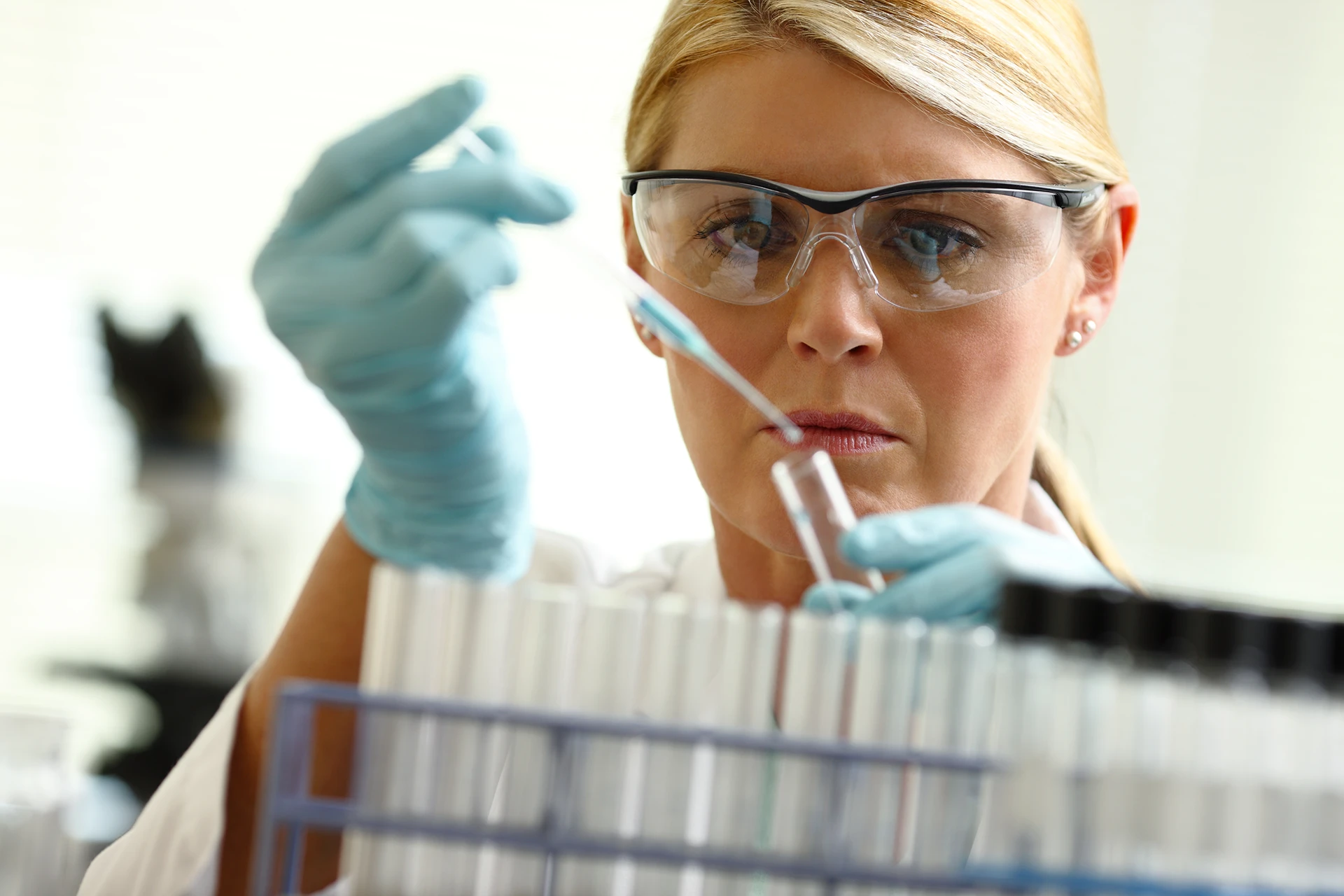Genetic differences help explain why some people who get COVID-19 need to be hospitalized and others have only mild symptoms
Many factors affect how our bodies respond to viruses like the one that causes COVID-19. The virus strain (for example, omicron or delta), our characteristics and behaviors (such as age and smoking history), our health conditions (such as diabetes), and our genes are all linked to how sick we get. These factors also affect how we respond to treatment.
KP Research Bank investigators Heather S. Feigelson, PhD, MPH, and Andrea Burnett-Hartman, PhD, MPH, teamed up with researchers from around the world in a new study. They asked if a person’s genes affect how sick they get after infection with the virus that causes COVID-19.
The researchers looked at the genes of over 3,000 people who had COVID-19, including KP Research Bank participants. They compared people who were hospitalized to people who had mild symptoms. They found that specific changes in the gene known as OAS1 are linked to whether people had to be hospitalized because of COVID-19.
The researchers also discovered that treating people who have these genetic changes with interferons may reduce the severity of COVID-19. Interferons are proteins that help the body’s immune system detect and fight infection. They can also be used to treat hepatis C, multiple sclerosis, and some types of cancer.
The study provides valuable new information about genetics, COVID-19, and treatment, but we still have so much to learn. Contributions from KP Research Bank participants make findings like this possible.


